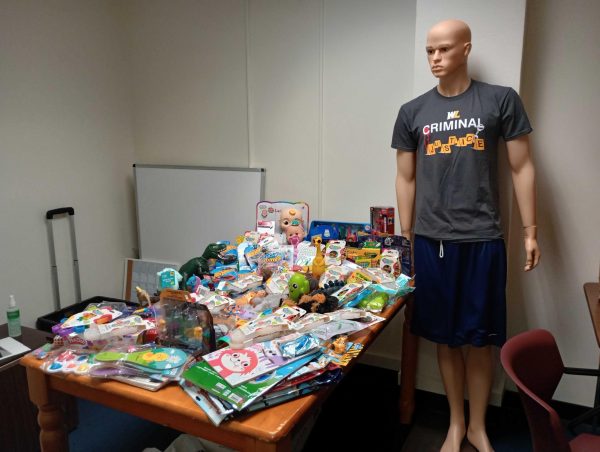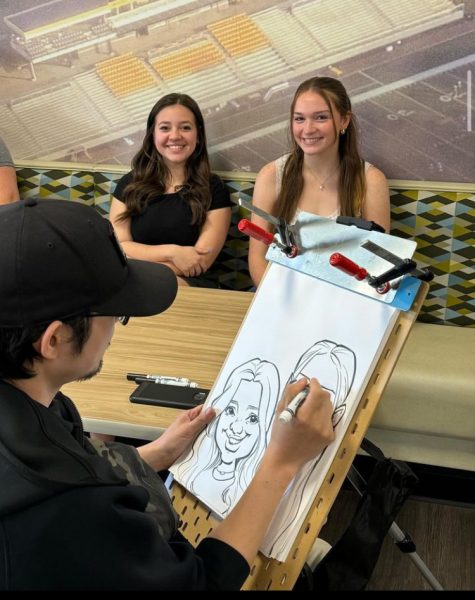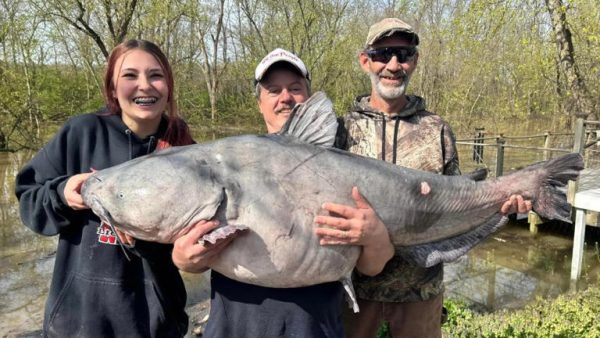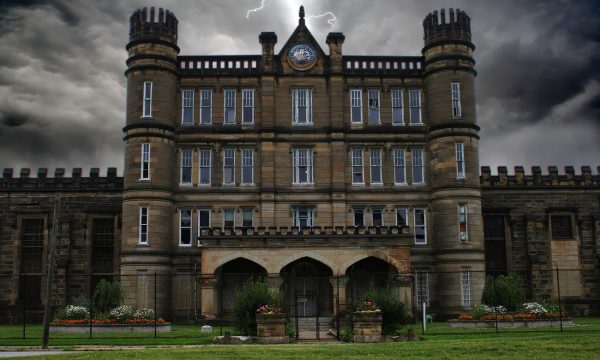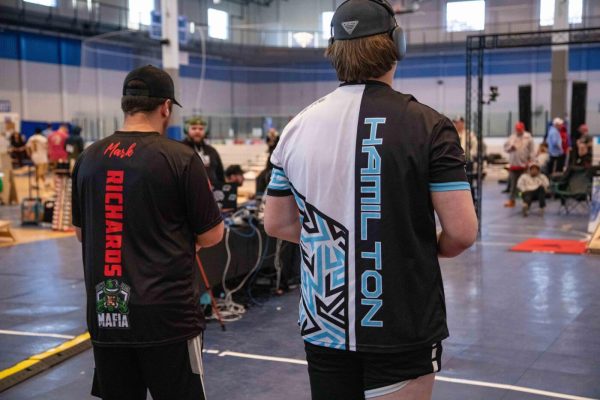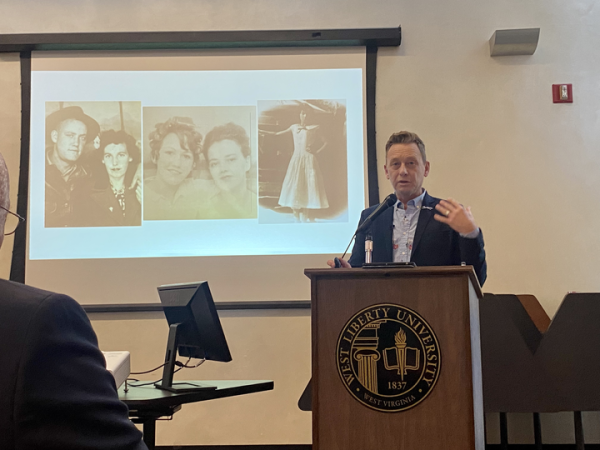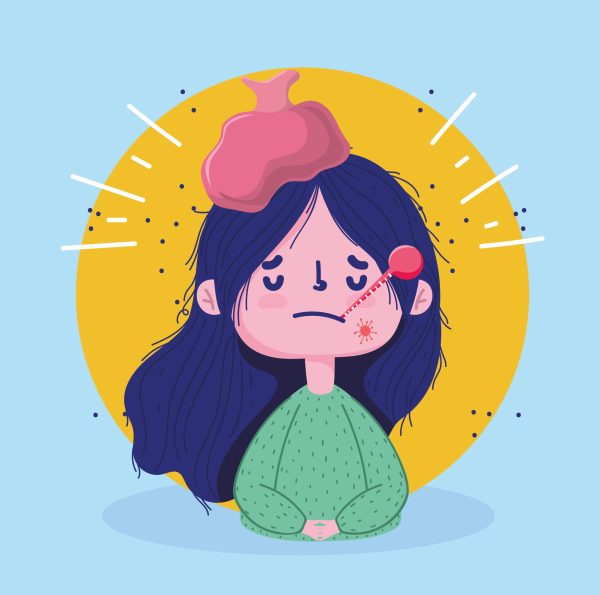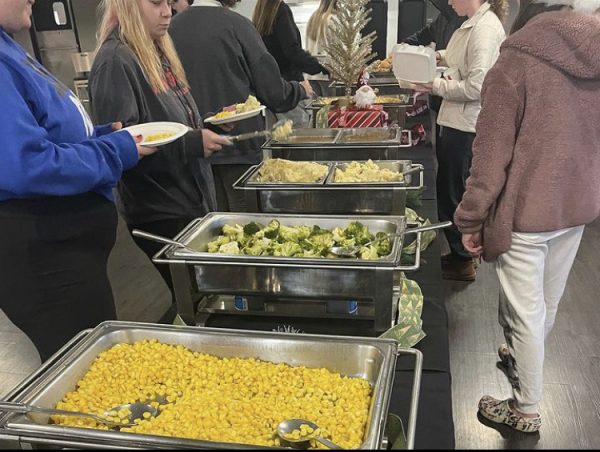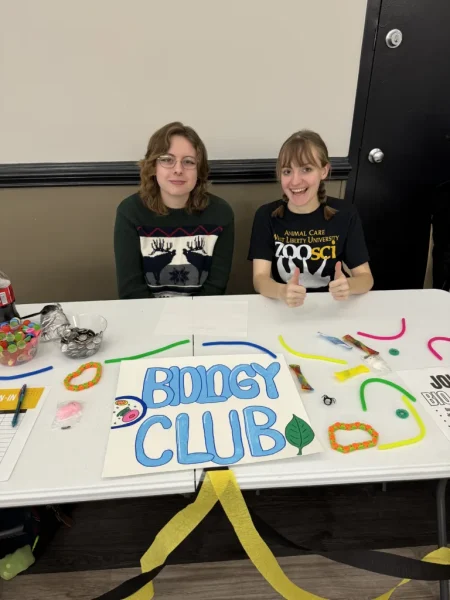Creative Arts Therapy program in need of students
West Liberty University: Department of Media and Visual Arts
Creative Arts Therapy Program Banner
While the Creative Arts Therapy program is still relatively new to the Hilltop as an area of study for students to major or minor in, it cannot be said that its infancy has impeded its growth in any sense of the word. Beginning in the academic year of 2021 through 2022, students at West Liberty University could enroll in the Art Therapy and Counseling (ATC) graduate program; the addition of this option provides students to receive the necessary education to be a licensed, practicing professional within the larger field of Art Therapy, as a 60-credit master’s program degree with specific courses in art therapy and counseling, as well as the completion of post-graduate supervision hours and the successful passing of respective exams are necessary for proper certification and licensure.
For those enrolled in the Creative Arts Therapy (CAT) undergraduate program, there is a unique course of action, called the Bridge program, that can be taken as well; this path allows students to complete their studies sooner as well as save money on tuition by completing classes that are needed to graduate from the master’s program by taking them during their time in the CAT undergraduate program. The Bridge program also prepares students who wish to pursue professional certification such as art therapist registration (ATR) within the American Art Therapy Association (AATA), Registered Expressive Arts Therapist (REAT) within the International Expressive Arts Therapy Association (IEATA), and State licensure as a Licensed Professional Counselor (LPC) in West Virginia and other States.
Dr. Susan Ridley, assistant professor of CAT and program director of ATC, spoke on the value the Bridge program brings to the Hilltop through its unique approach to versality and accessibility; “At the graduate level, students meet in synchronous zoom meetings which allows working professionals to further their education and professional development. Depending on the type of job students have, they can gain experience at the same time, which can help them move into this profession. It also helps students by making it easier and [more] cost-effective for them to pursue their dreams of being an art therapist and counselor.”
ATC is not alone in forging this new path through graduate studies, either, as many other master’s programs here on the Hilltop have come to take this “3 + 2” approach to obtaining a degree in higher education, in which students complete everything necessary for their respective undergraduate degree except for the courses designated as necessary for completion of both the undergraduate and graduate programs; these courses can then be taken at the graduate level and count for both degrees simultaneously, thereby allowing students to graduate with their undergraduate degree and transition directly into their respective graduate program of study.
When asked what the inclusion of this path meant for West Liberty as, not only a university, but a community, she discussed how it met an “unmet need” within the larger community by providing a “continuity of education services;” “With the traumatic experiences of COVID-19, as well as the underlying mental health issues that existed prior to the pandemic, there is a greater need for therapeutic services for all ages. Not only in West Virginia, which consistently scores low in all aspects of health and wellness (mental health, substance abuse, poverty, etc.), but for everyone. The virtual format of the graduate program will allow students from different states and [countries] to work towards healing their communities by filling in the gaps of services. These are unprecedented times. The United States and the World are dealing with social justice issues, economic upheaval, climate change, and a pandemic. The Bridge program empowers students to take a part in helping to heal themselves and their communities.”
Creed Kidney, of Glen Dale, W.Va., is a sophomore at West Liberty University and is pursuing a dual degree in illustration and creative arts therapy. He...


